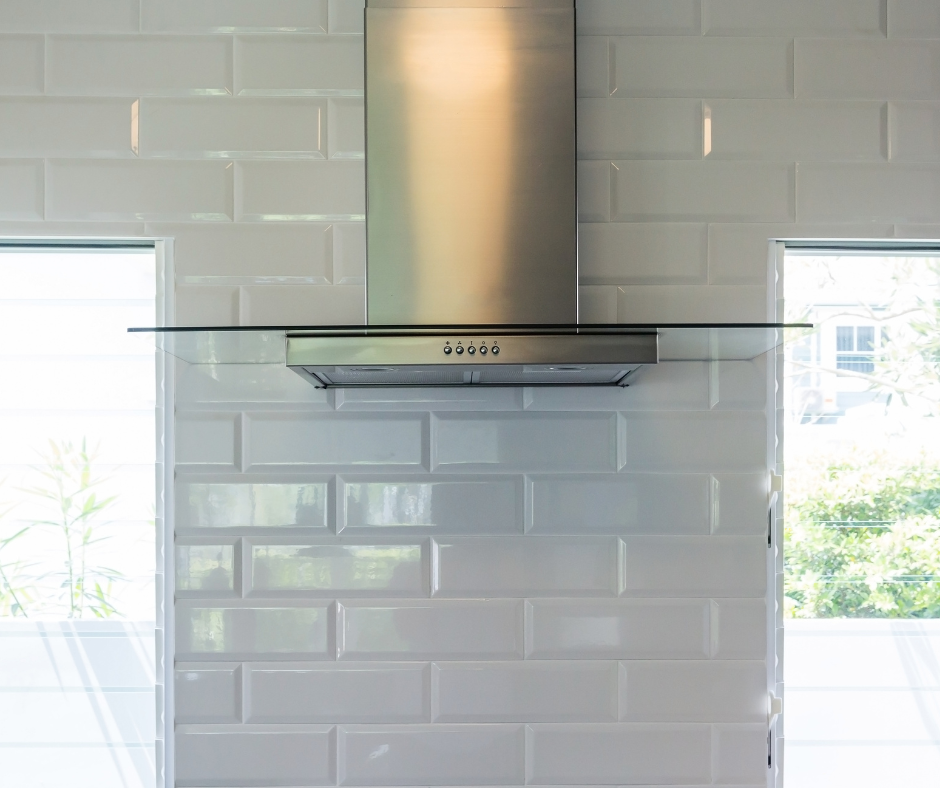We’ve discussed whose insurance covers a tenant’s loss of food and loss of business revenue. We’ve covered food liability insurance. But what about damages to rented premises? Who is responsible for paying in these instances?
After some confusion arose in the NICK regarding FLIP (Food Liability Insurance Program) coverage and how it pertains to kitchen insurance coverage, we decided to give kitchen owners an opportunity to gain clarity by asking their questions directly to the folks at FLIP. On June 26th, we sat down with Chris Van Leeuwen, Vice President of Business Development at FLIP, who walked 22 shared kitchen operators through the fundamentals of commercial general liability insurance coverage.
Here’s the gist…
Insurance policy language is standardized through the ISO.
First and foremost, no matter what insurance company you use, your insurance policy is going to have the same or similar language. The Insurance Service Office (ISO) is the leading global provider of insurance tools and analytics. They help insurance carriers understand risk so that they can accurately price policies. ISO functionality includes statistical information, actuarial information, underwriting information, claims information, fraud identification tools, and insurance policy language. The ISO standardizes insurance policy language and most insurance company policies are based on this. So, anyone using an ISO insurance policy form has the same language terms and conditions. Your dictionary of insurance terms is here to stay!
General liability insurance covers third-party damage. It does not cover first-party damages.
With liability insurance coverage, the commercial general liability policy covers third-party bodily injury and property damage claims that the insured becomes legally obligated to pay. But this does not cover all property damage claims. The general liability policies have an exclusion for “Damage to Property” in regards to:
- Property you own, rent, or occupy.
- Property loaned to you;
- Personal property in your care, custody, or control.
Your general liability policy will not cover any property listed above, and your tenants general liability coverage is limited to what property is covered while utilizing your kitchen. This is explained more below. The best practice for covering your property is to purchase a commercial property insurance policy.
Scope of coverage
The tenant’s general liability insurance policy gives back some property coverage for:
- Property you own, rent, or occupy.
- Property loaned to you;
- Personal property in your care, custody, or control.
The Damage to Premises Rented to You coverage is outlined on the declaration page of the policy. The typical policy limit for this coverage is $100,000 or $300,000. The scope of this coverage provides “open perils” for premises occupied by the insured for seven or fewer days. Meaning, the policy will pay “property damage” claims covered by the policy that the insured becomes legally obligated to pay. Again, this applies only to premises occupied by the insured for seven or fewer days.
For premises occupied by the insured for seven or more days, the only peril covered by the general liability policy is fire. If a tenant causes a fire and damages the shared kitchen’s property, their general liability insurance should respond – under the Damage to Premises Rented to You – coverage.
Again, the general liability policy will not cover any first-party property damage, such as business personal property. In order to cover the insured’s own property, a commercial property policy is needed.
Stay protected against claims.
In summary, you won’t be fully protected against damages by singularly obtaining general liability insurance or commercial property insurance. As a shared kitchen owner, you should have both. Commercial property insurance can cover you where general liability insurance cannot. As always, it’s important to gain clarity around coverage, risks, and exposures with an insurance professional regarding your current and future business operations. Not everything can be insured, so make sure to develop a game plan to address any insurance coverage exposures that may (or have potential to) be present.
Now that we’ve explored some questions about the commercial general liability policy and what it covers, let’s go over some actions you can take as a kitchen manager. As a business owner, it is important to note that you’ll need to accept some level of risk when operating any business. Through implementation of contracts, insurance, policies and procedures, however, you can mitigate the level of risk that you are taking.
One way that Chris Van Leeuwen recommends assuming and transferring risk is through contracts. Within those contracts, you may want to require and outline:
- Specific General Liability Limits
- Additional Insured Status
- Primary and Non-Contributory Wording
- A Waiver of Subrogation
You should require all tenants to provide you with a Certificate of Insurance which explains the insurance requirements outlined in your contract.
Tools like The Food Corridor help you to stay on top of these document requirements. Upload documents like the ones described above directly to client accounts along with their expiration dates, so you will be notified when important documents are uploaded or nearing expiration. The Food Corridor also offers document compliance features with the ability to set a ‘disallow bookings’ function for clients who have not uploaded their required documents.
Additional resources
The NICK. Got more insurance questions? Or, looking to ask just about anything shared kitchen related? The NICK is a free, private group of kitchen professionals who exchange best practices, share frustrations, offer encouragement, and solve problems together. Join the community!
Access our webinar with FLIP. Watch our webinar with FLIP for more on the topics discussed above! You can access the full recording here.
FLIP Coverage. Read more on coverage guidance from FLIP to food businesses renting out space in shared-use kitchens. Check out our blogpost What You Need to Know About Commercial Kitchen Insurance.
